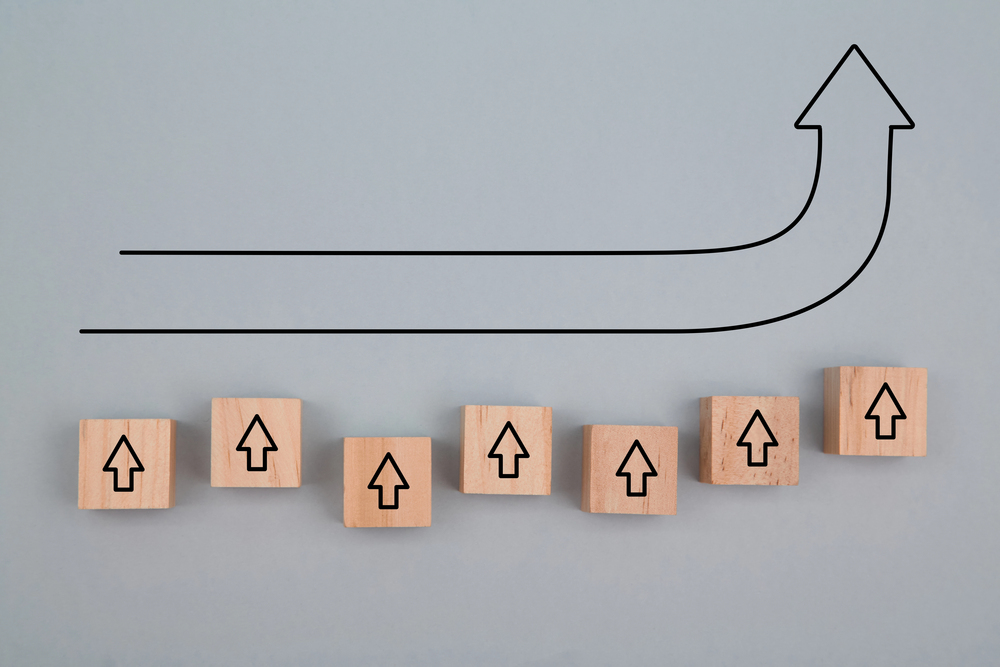Most manufacturers are very familiar with the concept of MRP (Manufacturing Resource Planning) – which allows the flow of materials through your business – but employing CRM (Customer Relationship Management) is equally as important to ensure that customers also flow into the business.
A good ERP software system will include both MRP and CRM (and many other functions) and enables manufacturers to attract customers, deliver what they need at a competitive price and still make a profit. So why do many companies, including some manufacturing and engineering businesses, struggle with this?
In the first of our series of articles designed to help you get the most out of existing or future ERP software, find out the major benefits CRM provides, why an integrated CRM and ERP system is important and how to use these to improve your company’s results.
So what exactly is CRM?
In its simplest form, CRM is about attracting leads and converting them into sales. But CRM is so much more. A CRM system allows you to record and analyse every communication between you and your customers, enabling you to improve your relationship with them, increase customer retention and drive more sales. Without a CRM, companies are losing opportunities.
Why do manufacturers need CRM?
-
Improve sales performance
A CRM provides structure to a sales team and makes it easy to follow a standardised sales process.
Every quotation your company sends out can be tracked and notifications and reminders can be automated to avoid missing a critical deadline, such as a tender closing date. Your full sales team can see the contact history of any company, making multiple approaches to the same business a thing of the past.
Data is easily accessible so that management can review and analyse your sales pipeline. Depending on how healthy this is looking, appropriate action can be taken to generate new leads, improve conversion rates or increase sales through cross-sales.
-
Increases efficiency and productivity
There’s no doubt that a CRM can improve both efficiency and productivity. It improves communication and understanding between departments. The collection and storage of better data allows the marketing team to improve their segmentation and targeting of customers, so tailored offers can be issued to customers. The sales team can see who and what areas the marketing department is targeting. Customer service and call centres know what offers have been sent out when customers contact them. CRM generally enables better communication within the business.
Management can see whether resource needs to be deployed to certain areas – for example, if 40% of your sales are coming from an overseas market, should you consider recruiting salespeople fluent in that language? Or if some long term customers now require less handling, can more time be spent looking for new opportunities?
CRM, particularly in conjunction with an ERP system, helps minimise duplication of effort and error rates and streamlines processes.
-
Get better at keeping your customers
Increasing customer retention is an obvious strategy for any business with the cost of finding a new customer often many times more than keeping an existing one. Existing customers can often be more profitable as, having experienced the quality of your service or product previously, they are often less price focused than new customers.
A CRM can help identify customers who may be considering leaving you by showing customer trends and highlighting disparities in previous customer behavior, ie a regular customer who has not ordered over a set period of time can be flagged and contact made with them.
Knowing what your customers buy and when enables you to target them with special offers and reward your most profitable customers with discounts. As all sales data is held within the CRM, analysing customer patterns becomes significantly easier.
-
Improves customer service and customer satisfaction
“The easiest and most powerful way to increase customer loyalty is really very simple. Make your customers happy.” Kevin Stirtz, More Loyal Customers, 21 Real World Lessons to Keep your customers coming back
Excellent customer service is often what sets a business apart from its competitors. With a CRM (and especially with integrated CRM & ERP software), you have all your customers’ details stored. This means everyone in your company can access information on a customer and take action to assist them in queries or any issues that arise without a delay.
In manufacturing and engineering companies, where most sales are business to business, a CRM allows you to develop better relationships with your customers. With accessible data, you’ll have more understanding of their business and be able to provide greater support in both routine and troubleshooting situations, increasing your chances of getting more repeat business.
Why manufacturers need an integrated CRM and ERP – 5 key reasons
Using a CRM is a no-brainer but even greater results can be achieved with an integrated CRM and ERP software system. Here’s E-Max Systems’ 5 key reasons as to why we believe the two must go hand in hand.
- The CRM effectively manages a company’s front end functions, eg sales and marketing, whereas ERP manages the back office functions such as finance, production control and purchasing. By integrating the information from each of these areas – from initial enquiry through to finance and invoicing – a genuine 360 view of every customer can be achieved, providing richer data to make key business decisions from.
- Cross company, there is better access to critical information. When a customer calls to find out the status of their order, or even to make changes, all details are accessible to the whole team. Your team can access specifications, traceability requirements, inventory levels, order history, shipping details and returns with ease. A sales team that can see the available capacity within their company can give fast and accurate information on delivery times – ideal when a customer needs an urgent order fulfilled.
- An integrated CRM and ERP solution means it is easier to track the profitability history of each customer. With this information, the sales and marketing teams can identify key customers to target and production managers can see where efficiencies need to be made.
- Integration of CRM and ERP enables improved order and quote management. Quotations created in the CRM can utilise both historical customer data and current data, such as cost of raw materials, production times and costs, delivery requirements, current production schedule, etc from data within the ERP to provide a truly accurate job estimate. Once approved by the customer, these quotations are turned into actual orders and executed and tracked in the ERP. Time savings and reduced duplication of effort and manual error such as these are replicated in numerous processes across the company. At a time where efficiency is urgently required, productivity is improved by streamlining processes and automating workflow.
- Costs must also be a consideration, as should whether systems can communicate with each other. Using an integrated CRM and ERP solution significantly reduces the costs, time and the inconvenience of integrating systems from different vendors. Training costs and any ongoing IT support costs are likely to be much lower with one single system provider.
Conclusion
Whilst the benefits of a well-implemented CRM system are significant, manufacturers and engineers can gain a greater competitive advantage when utilising an integrated CRM and ERP system. E-Max ERP is a comprehensive ERP software package, designed specifically for manufacturers and engineering SMEs. Our integrated CRM functionality has helped our customers to reap the benefits highlighted above and more.
For more information on E-Max ERP, visit our website, call 0141 644 4424 or drop us an email. Alternatively, why not book a free 30 minute demo of our ERP software here?

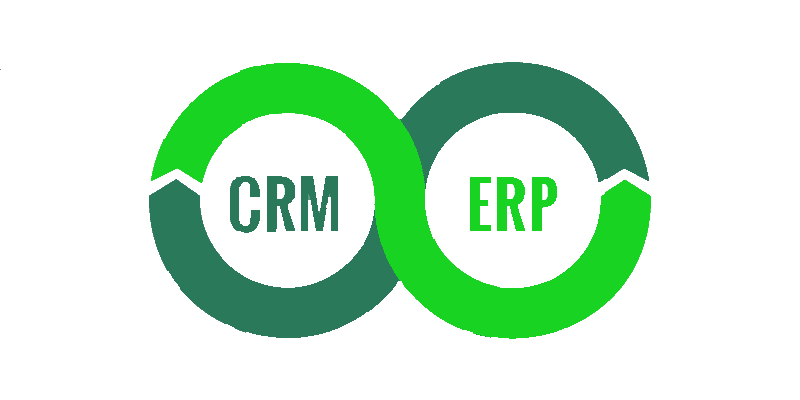


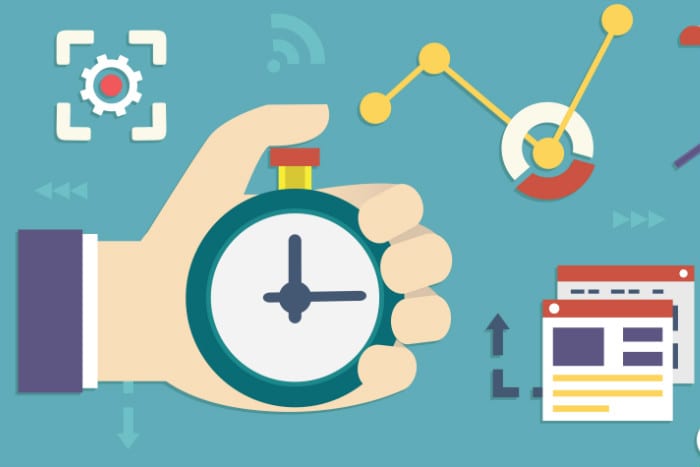

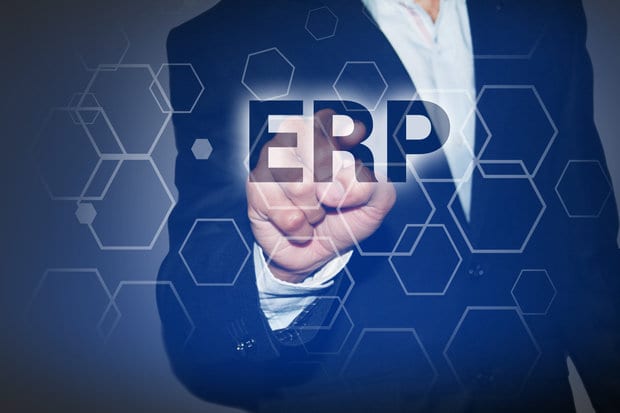
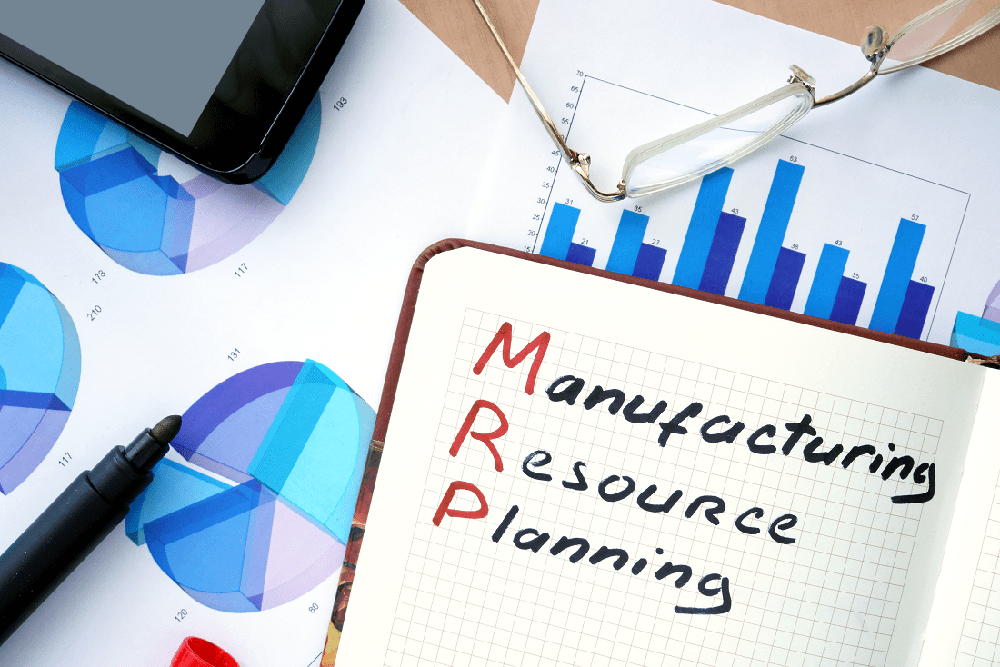
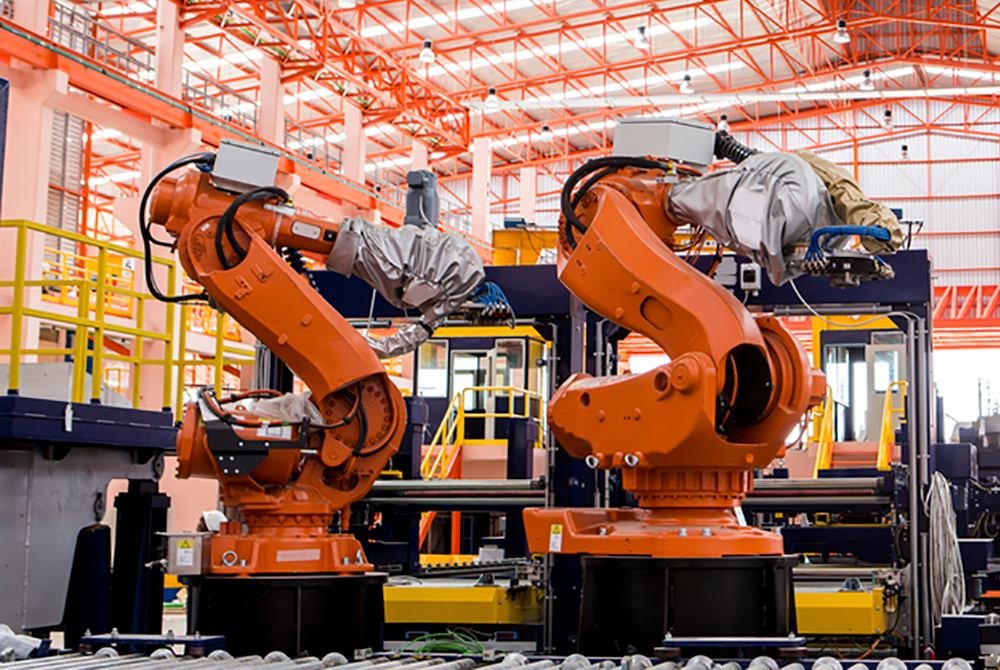
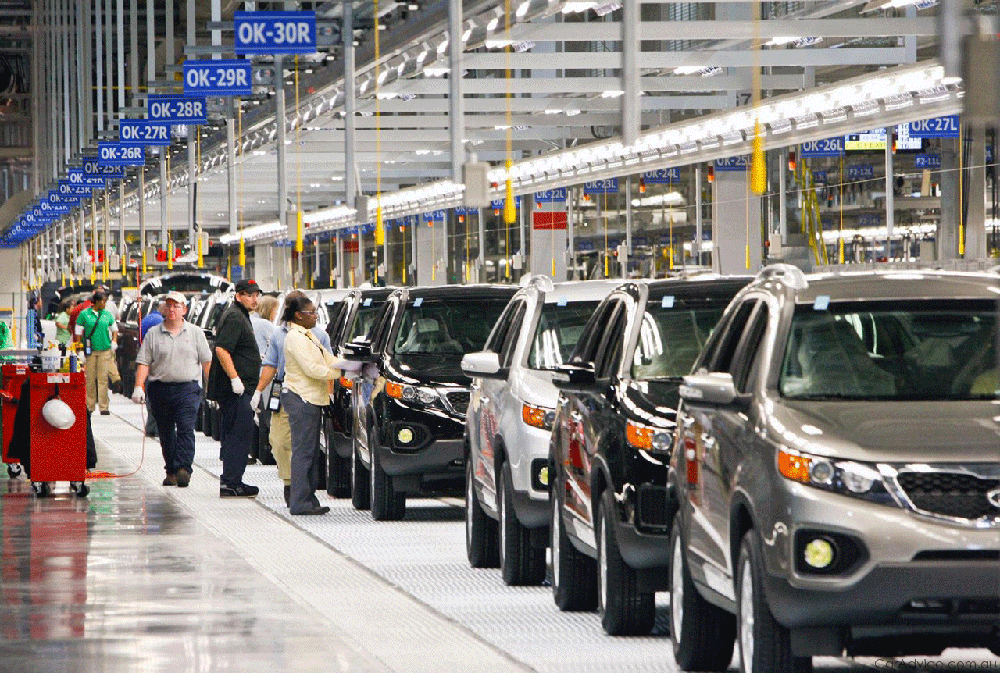

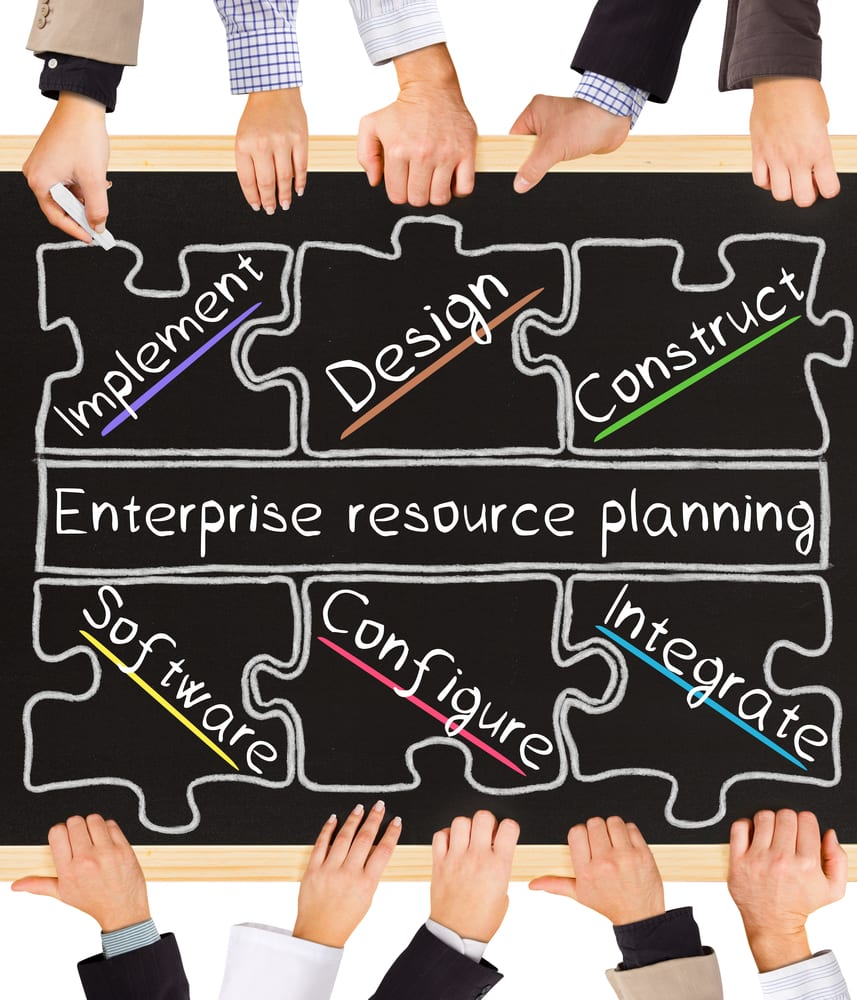

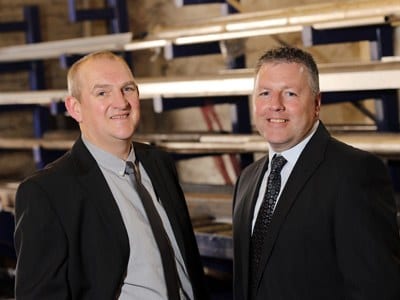

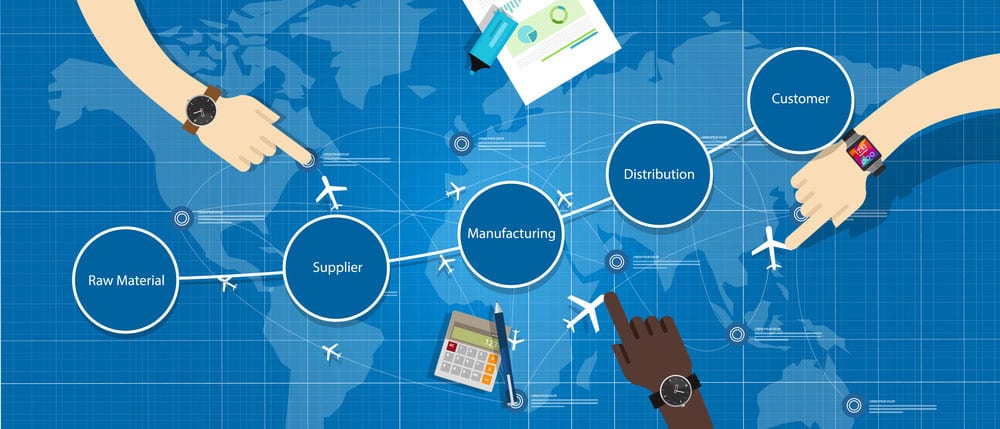
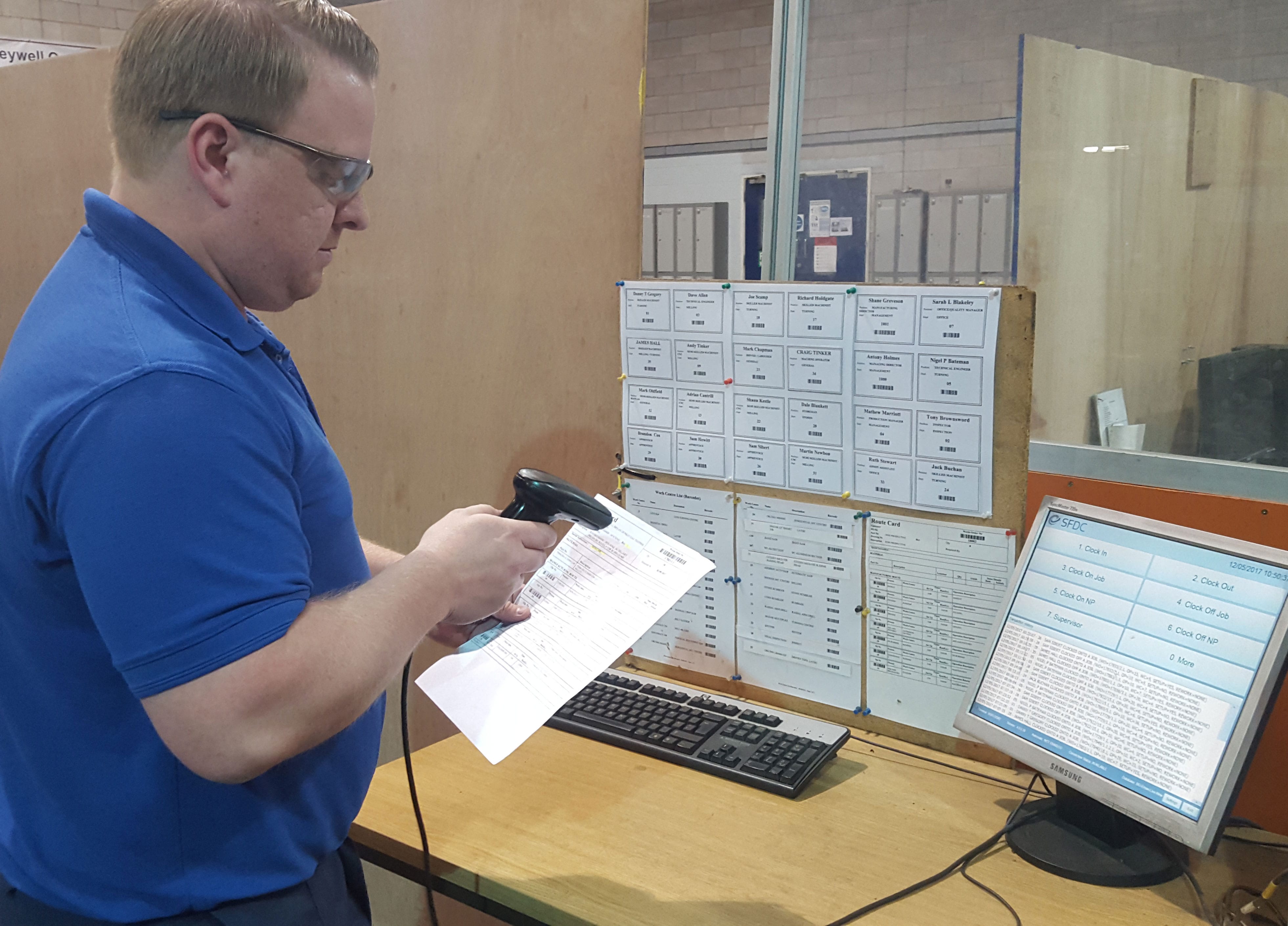
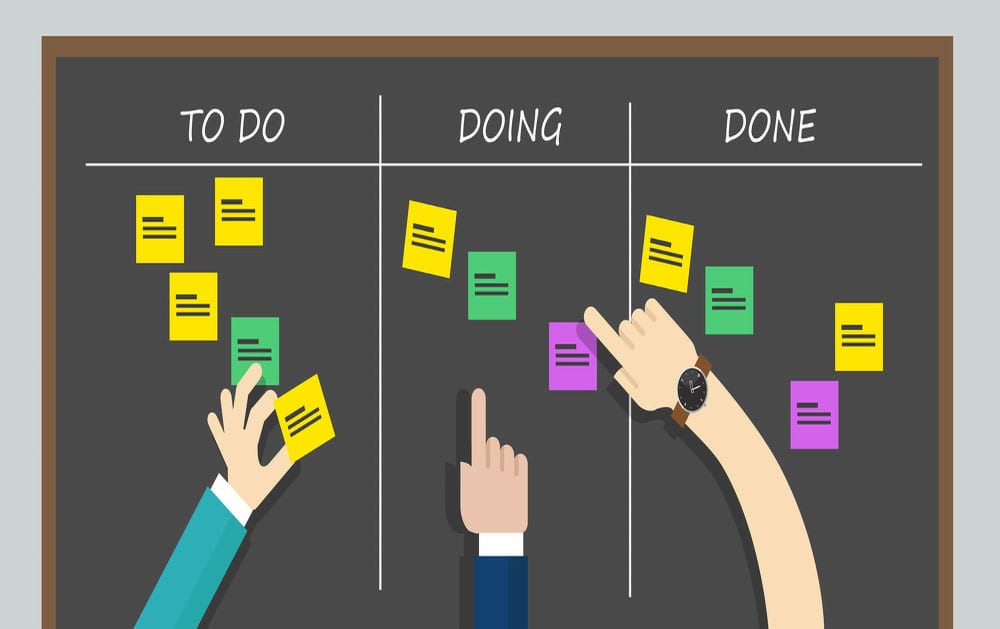
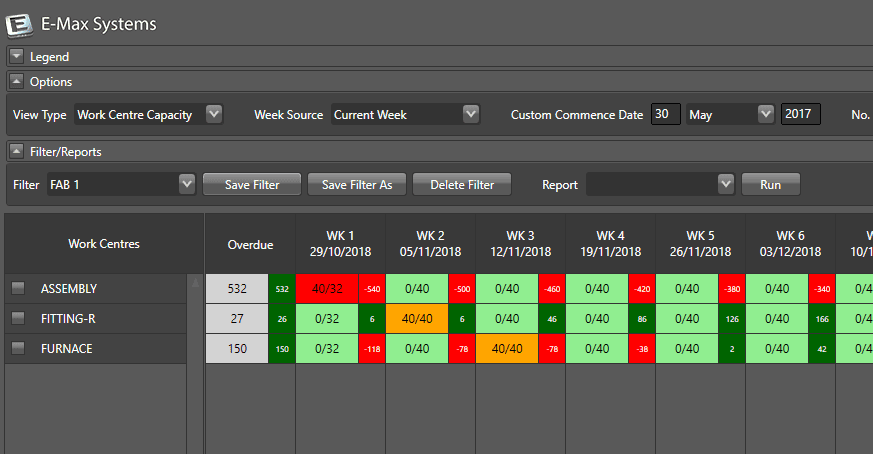

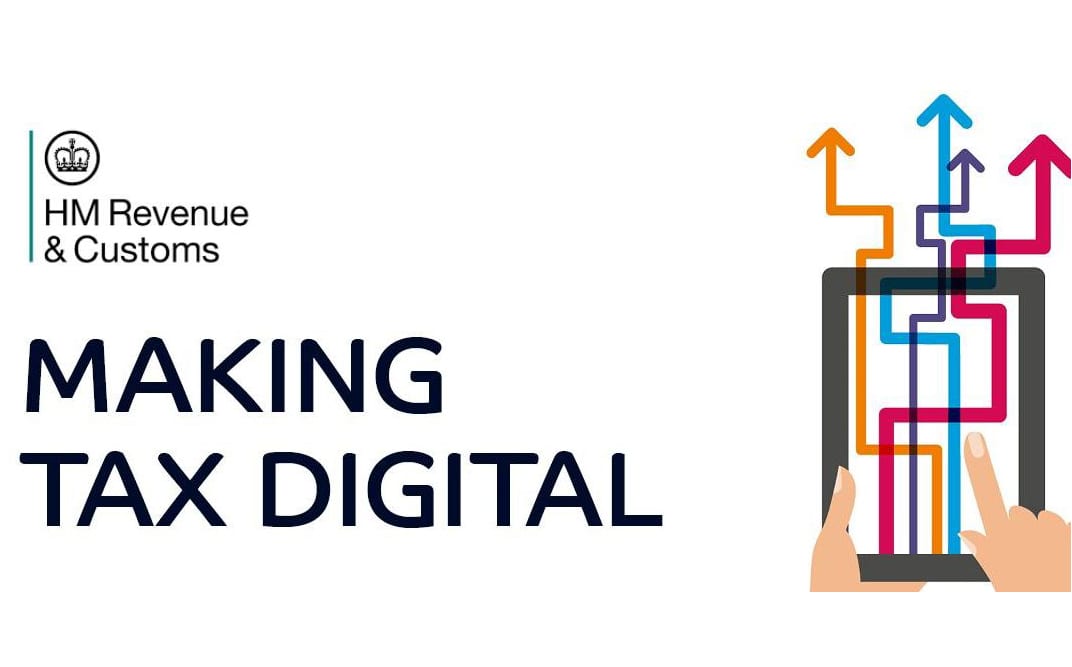
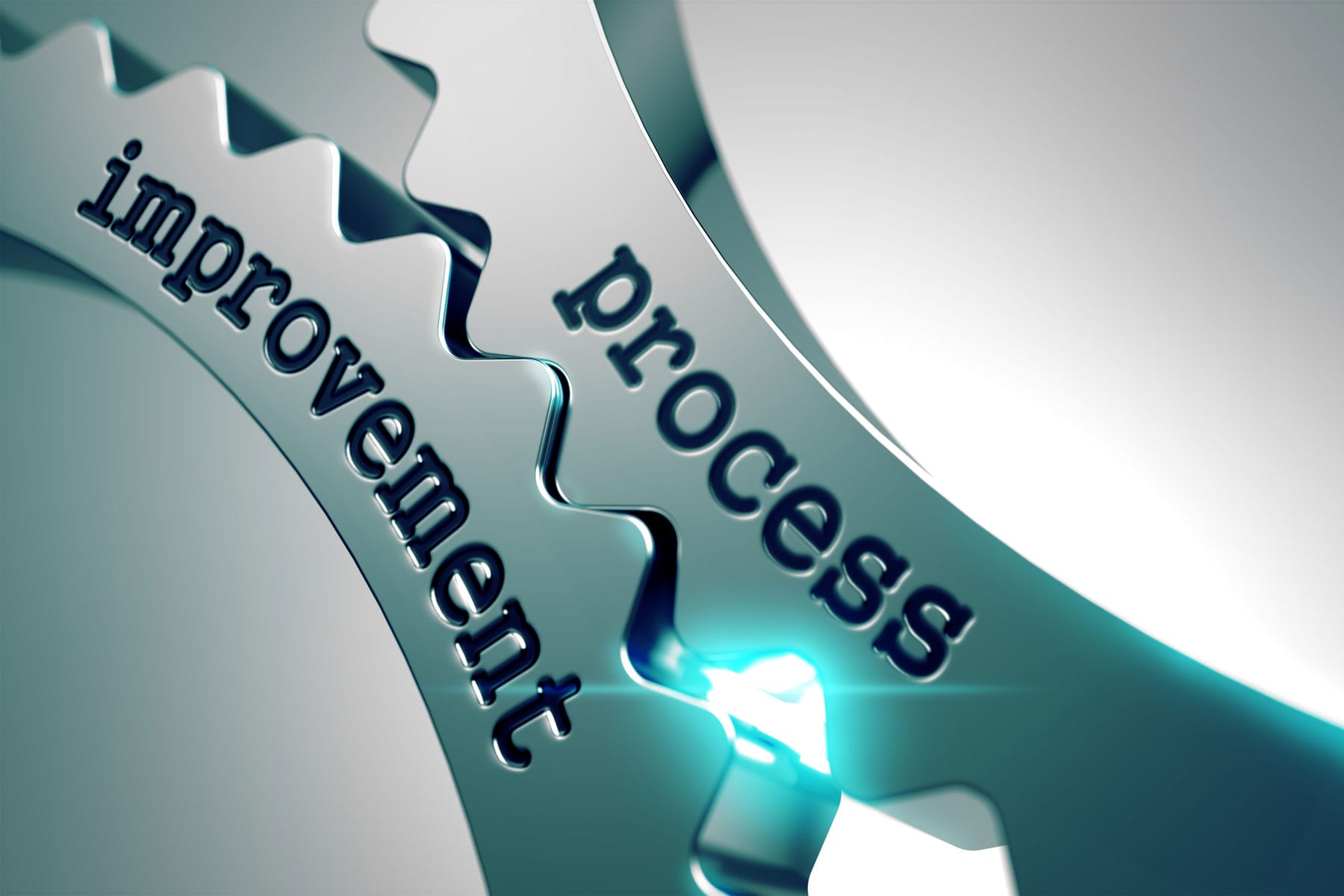

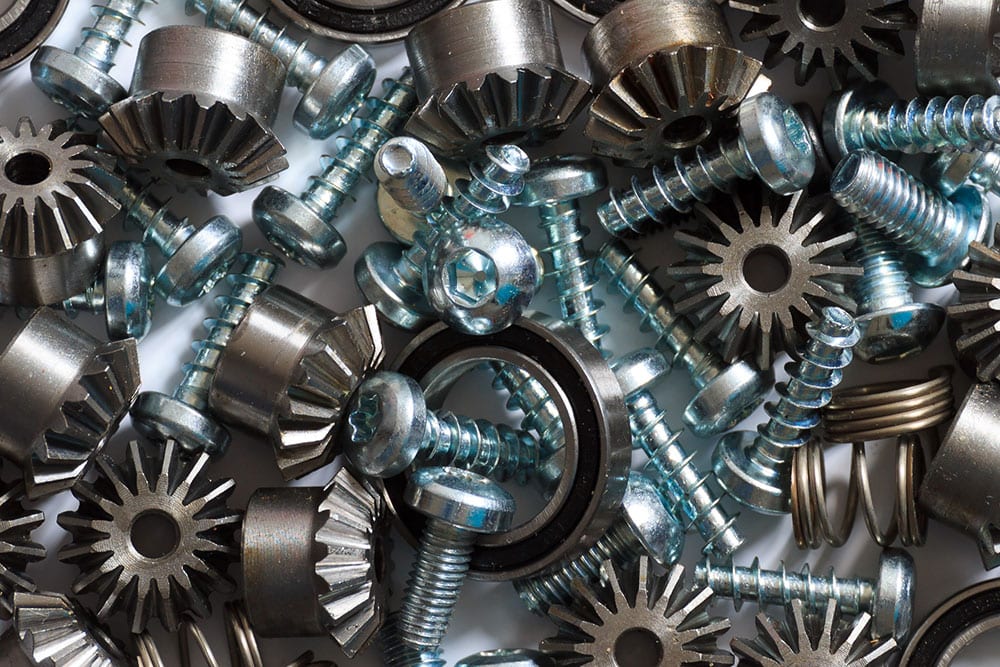
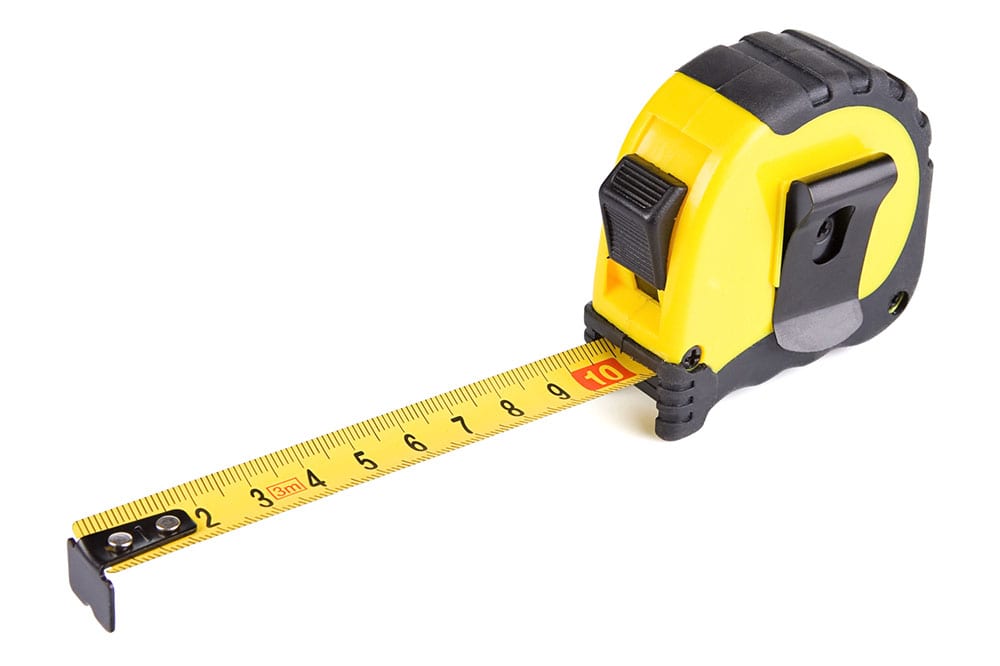
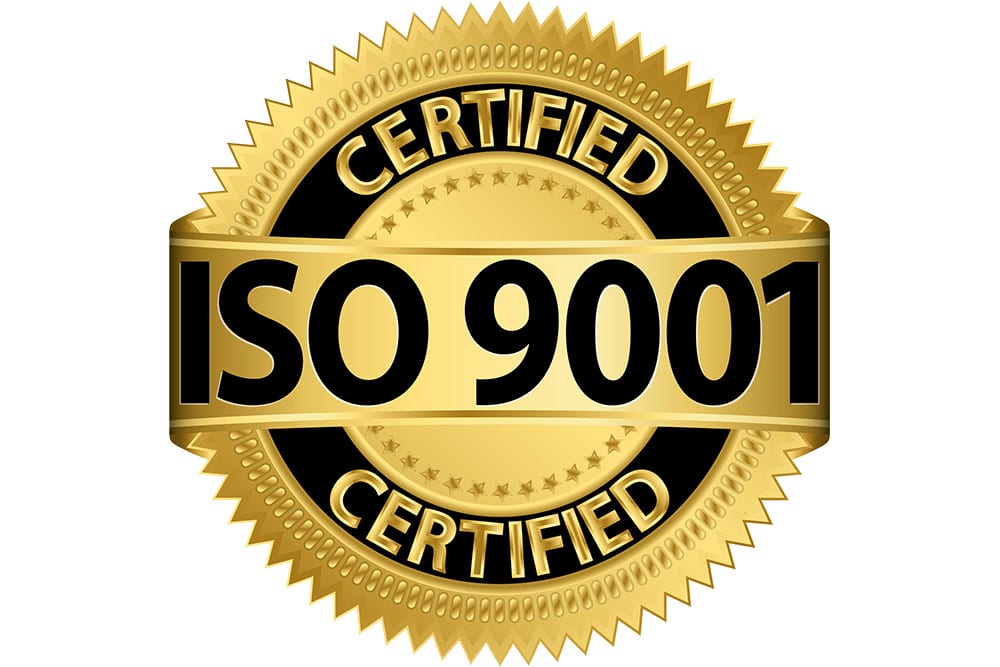
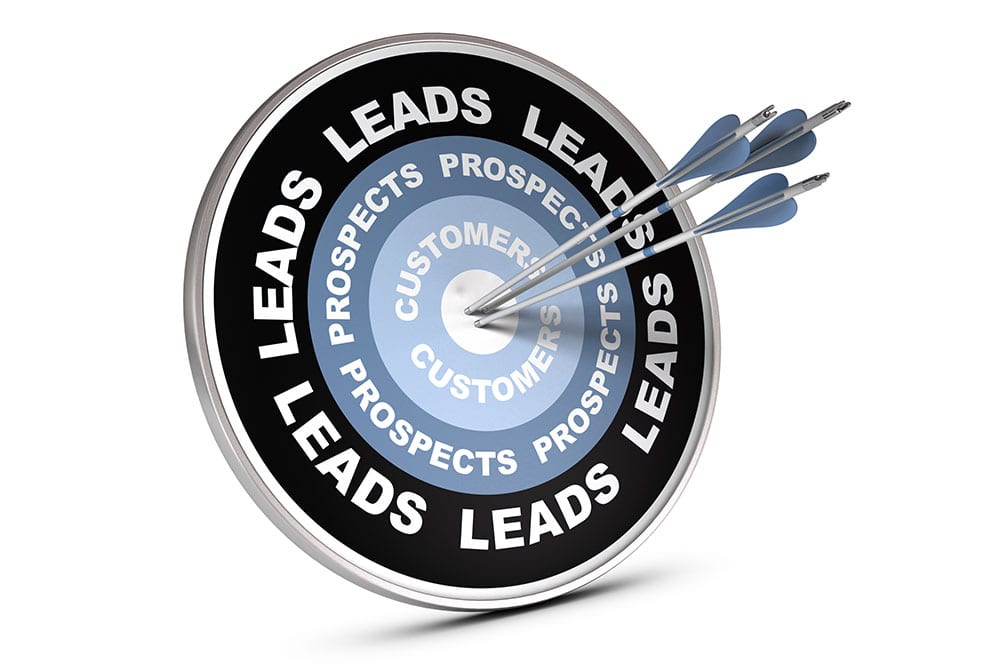

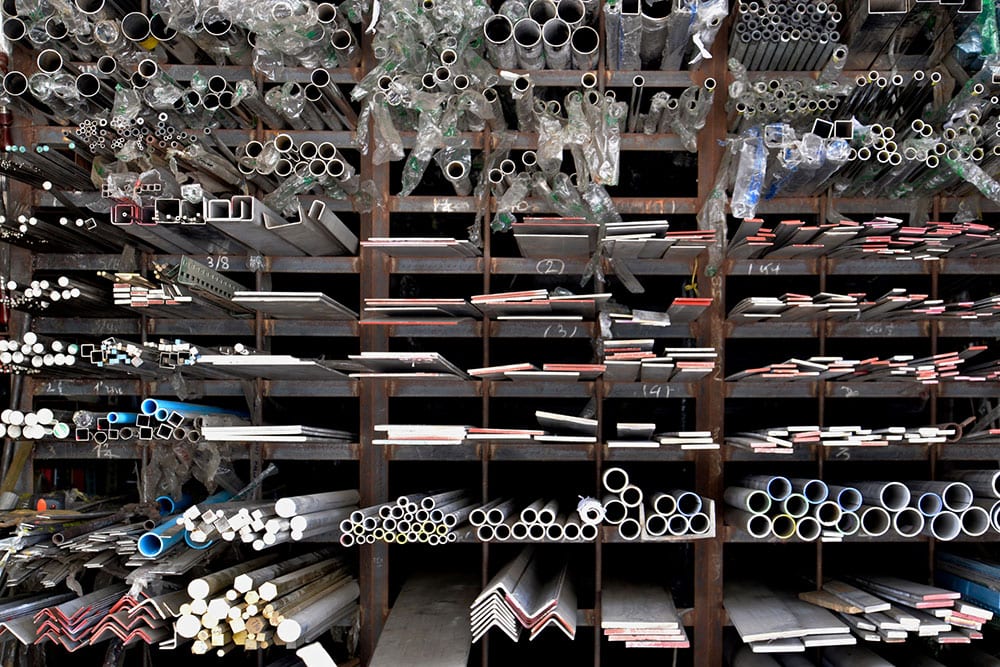


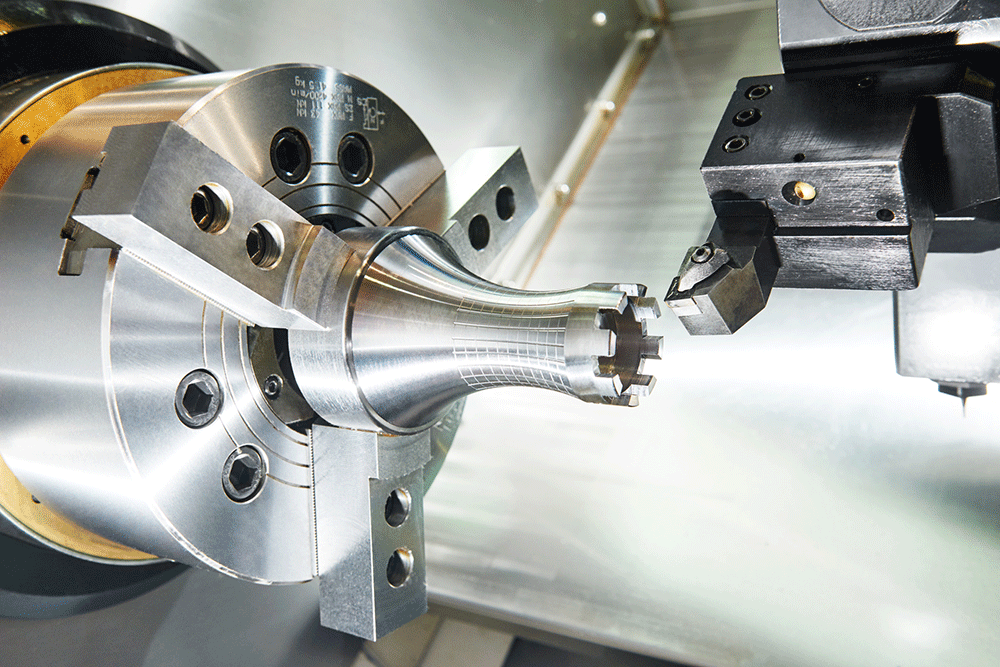

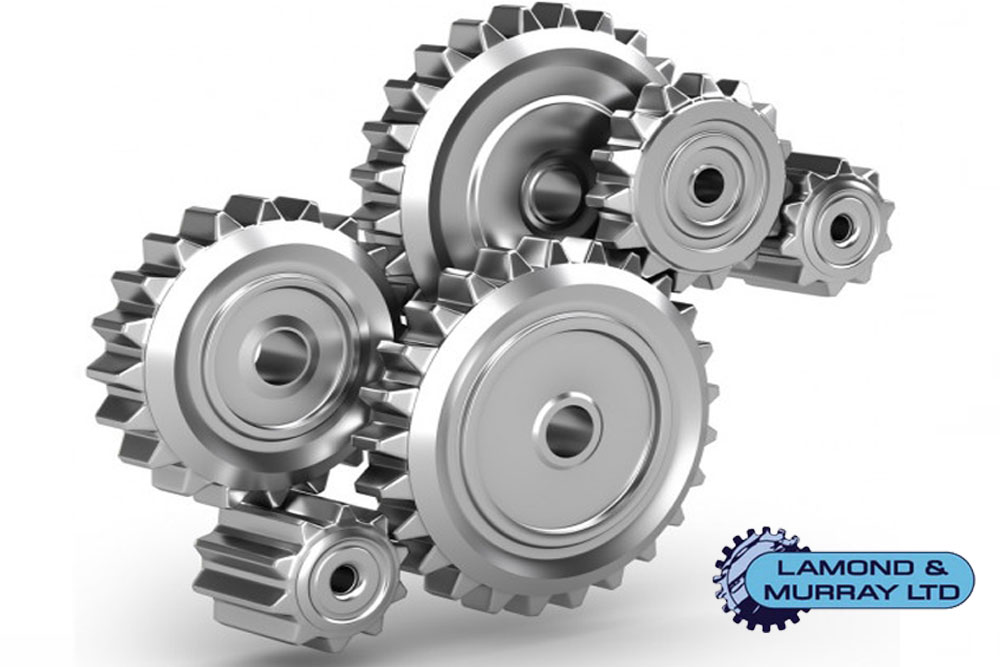

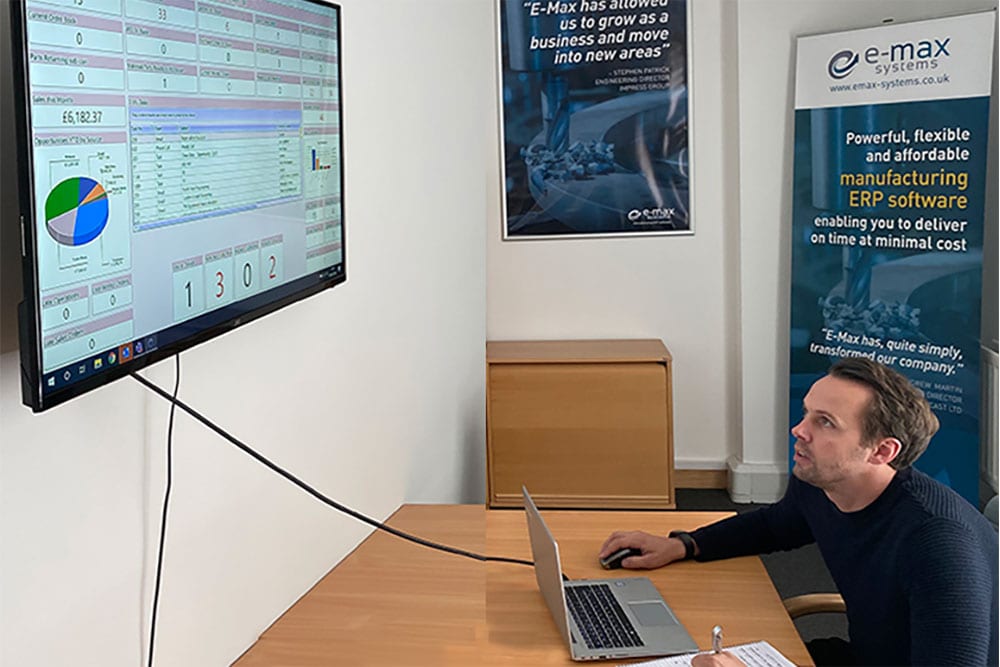

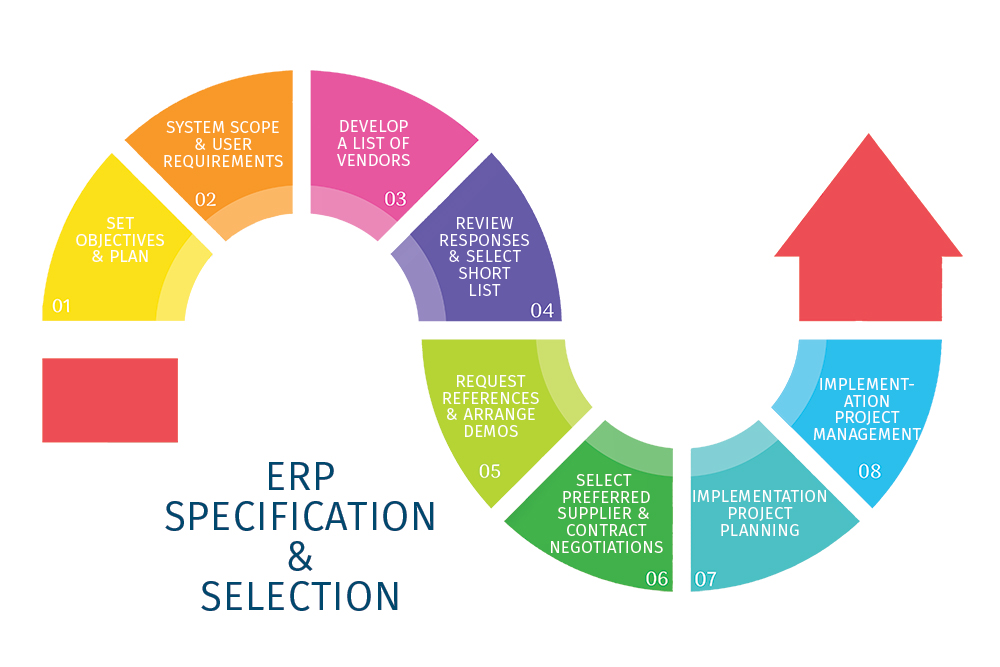
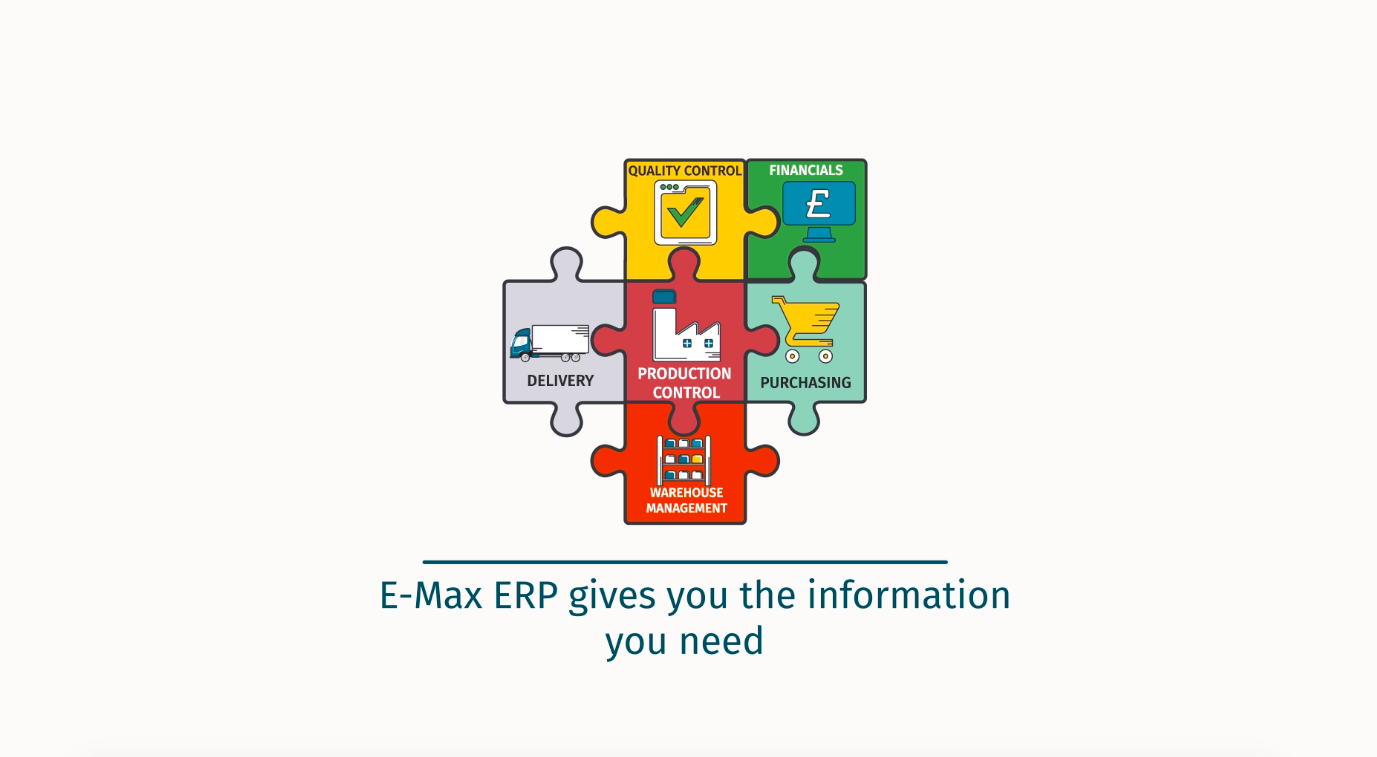


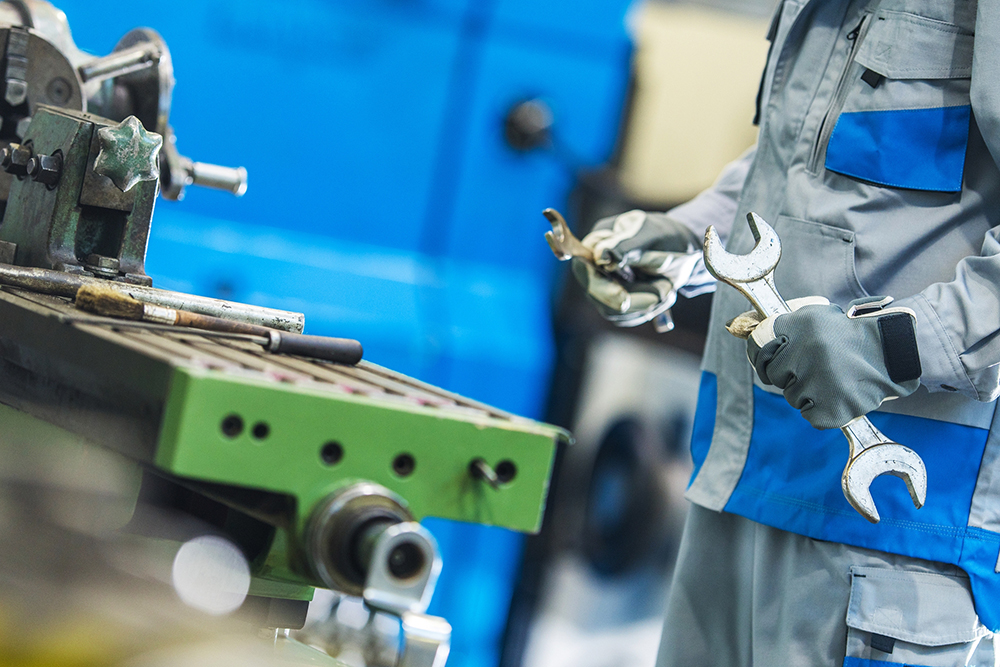
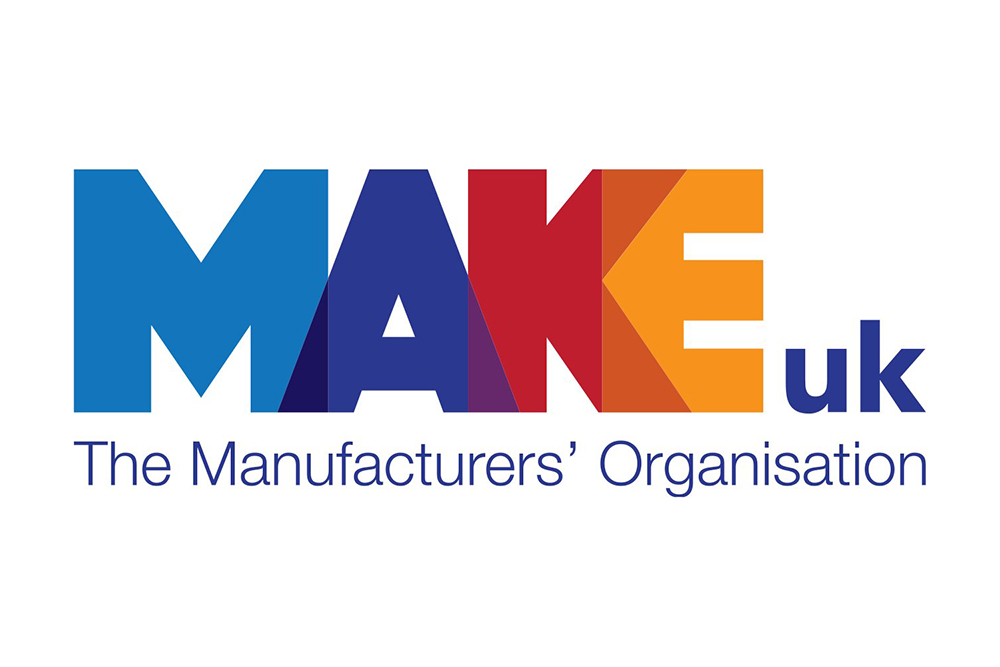

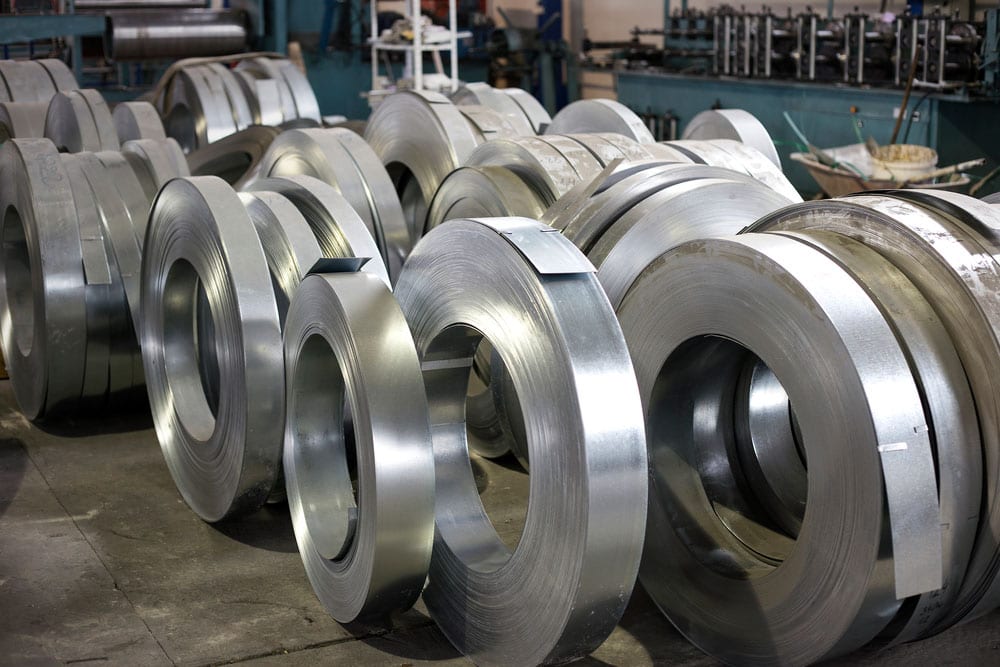

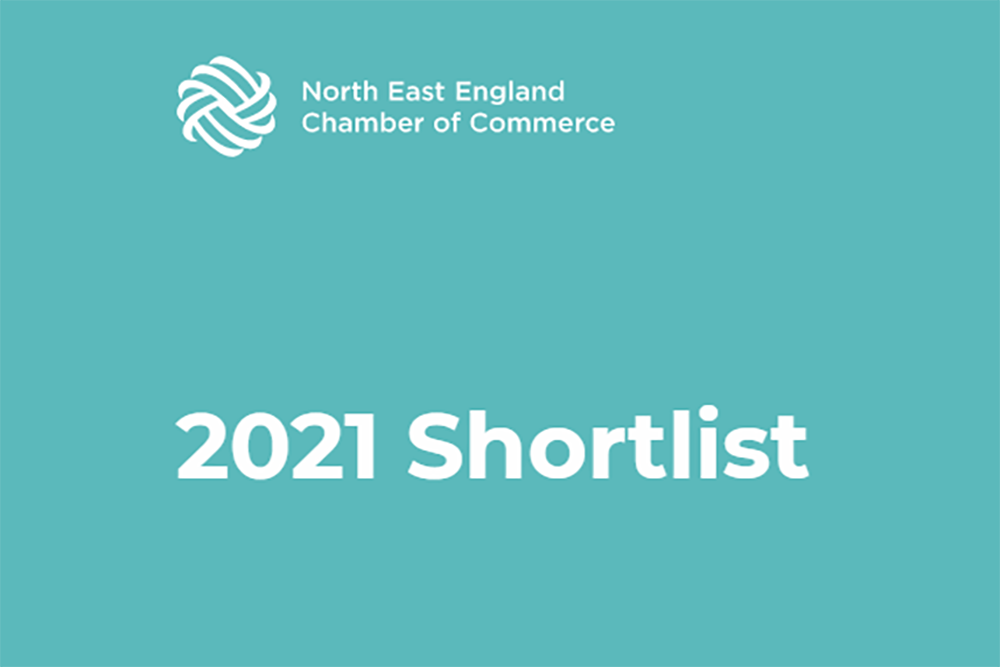


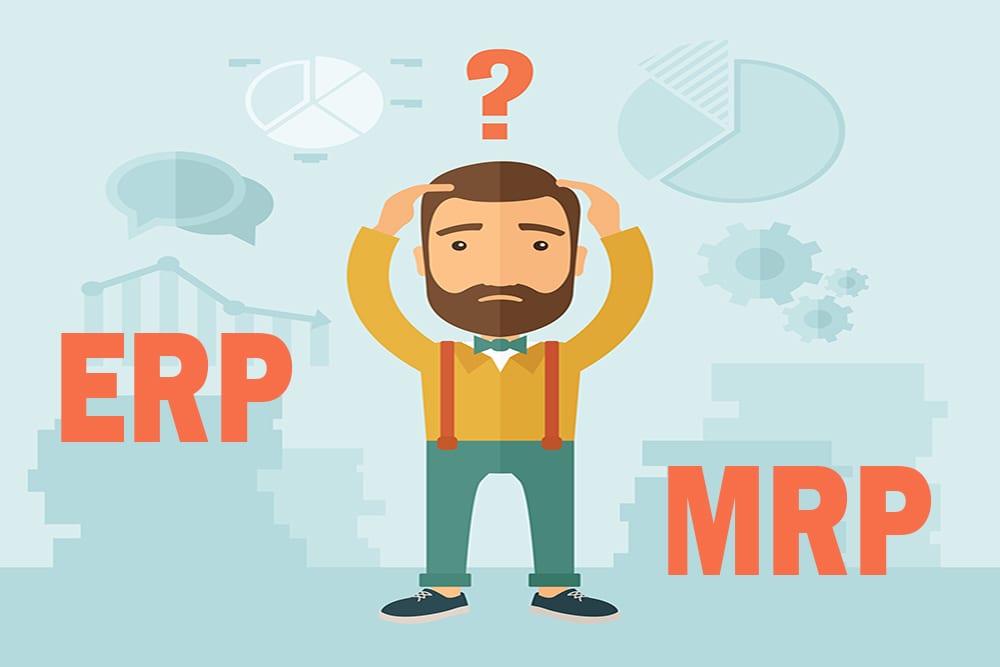
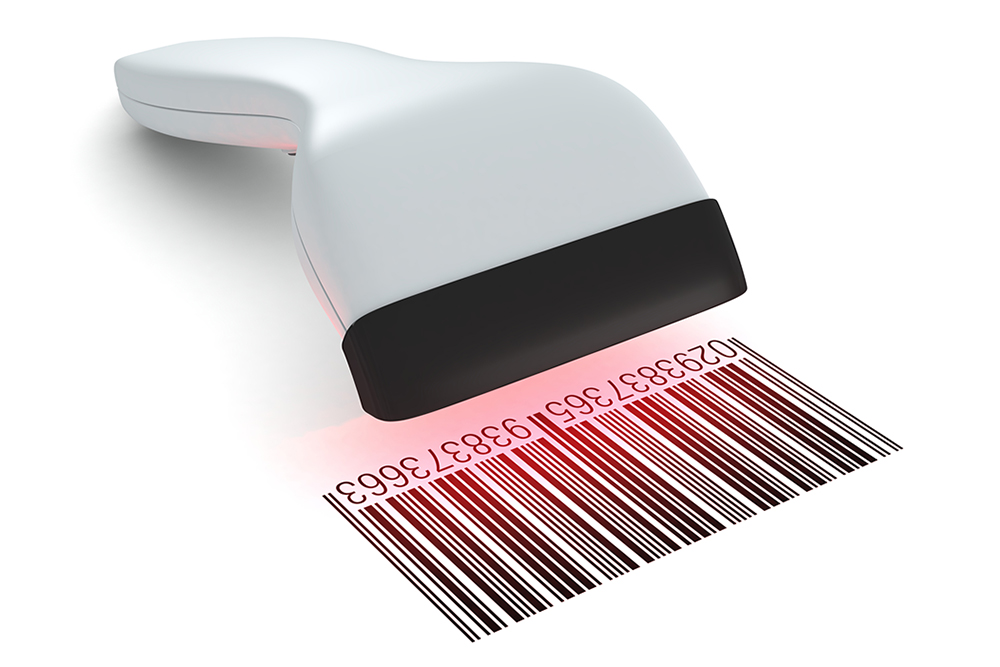

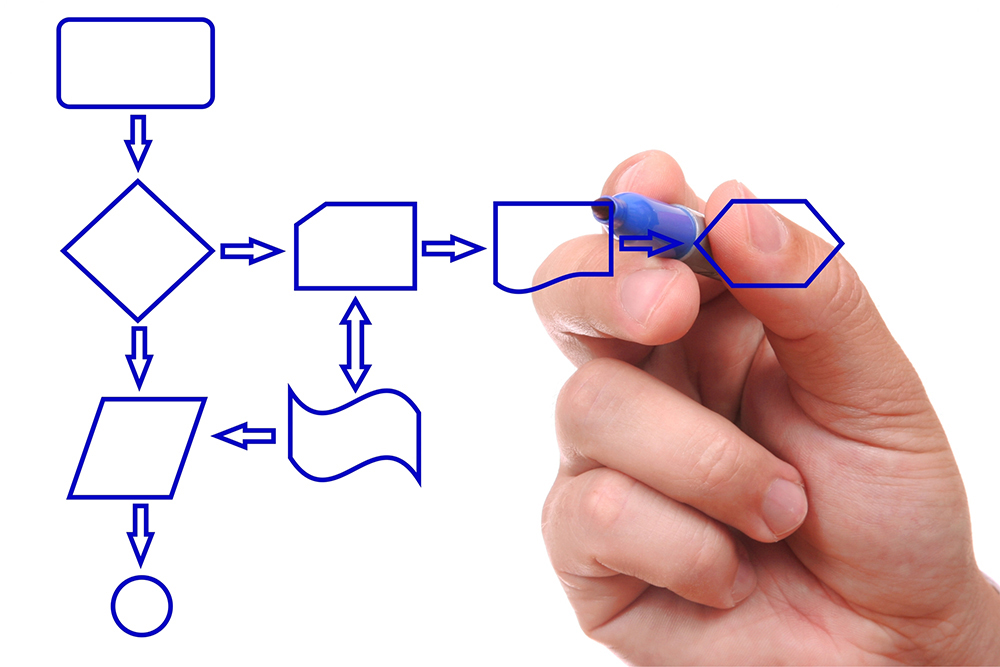
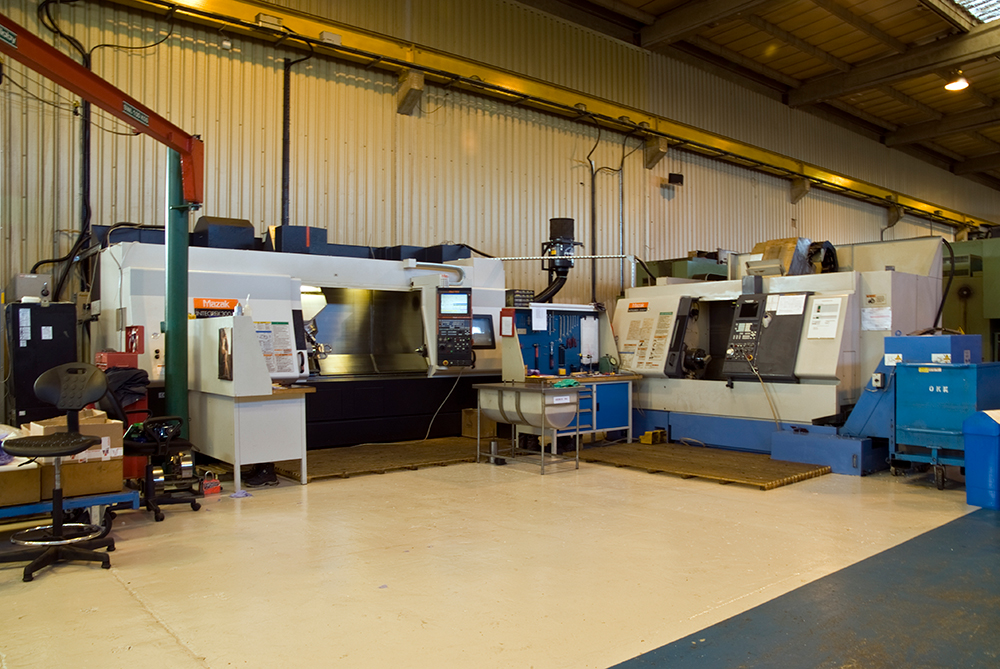
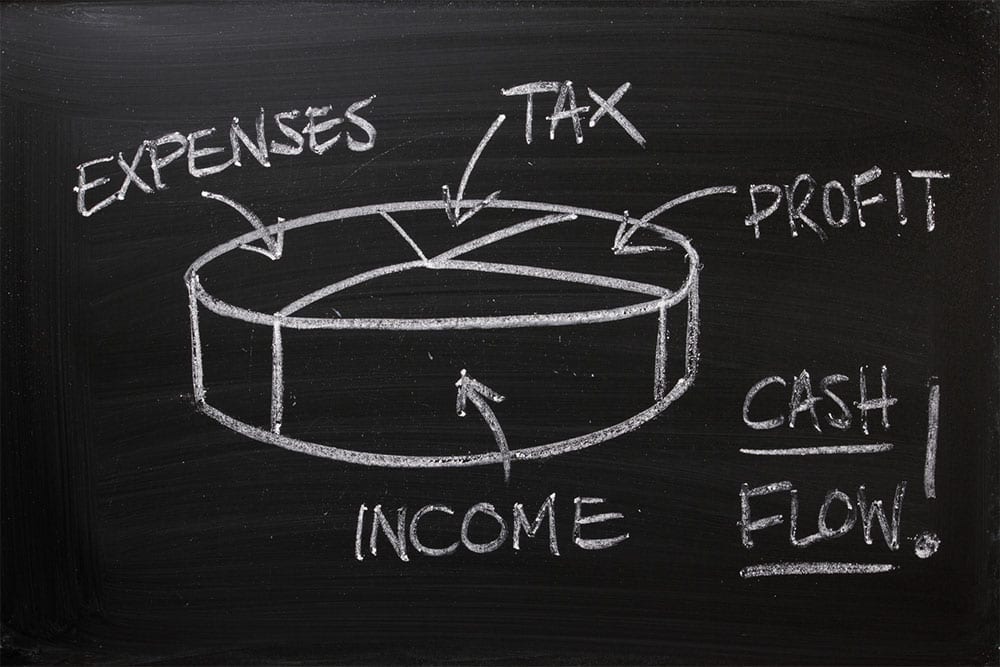

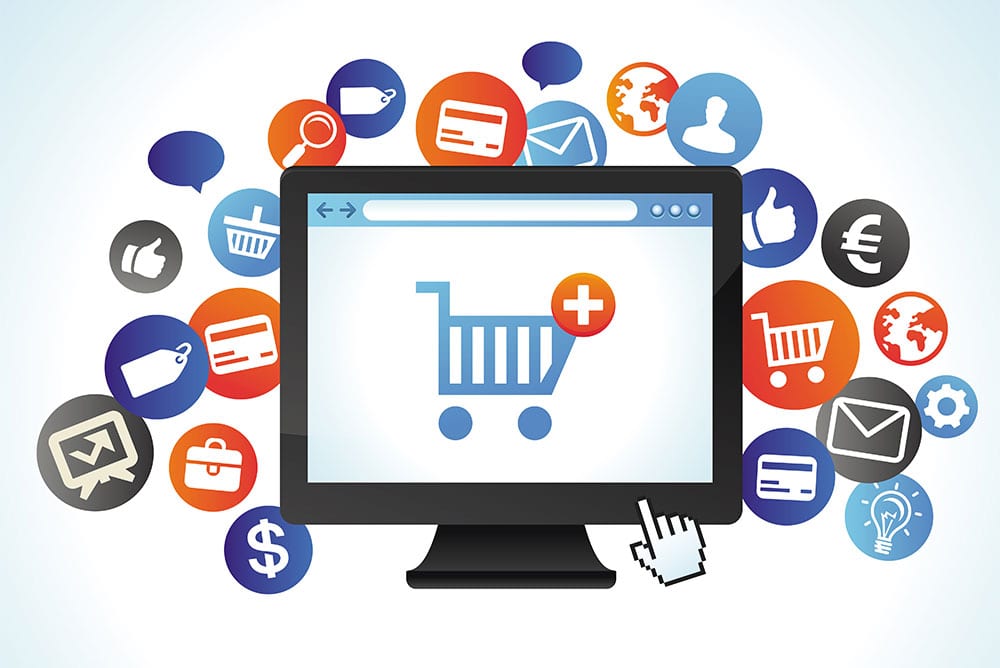
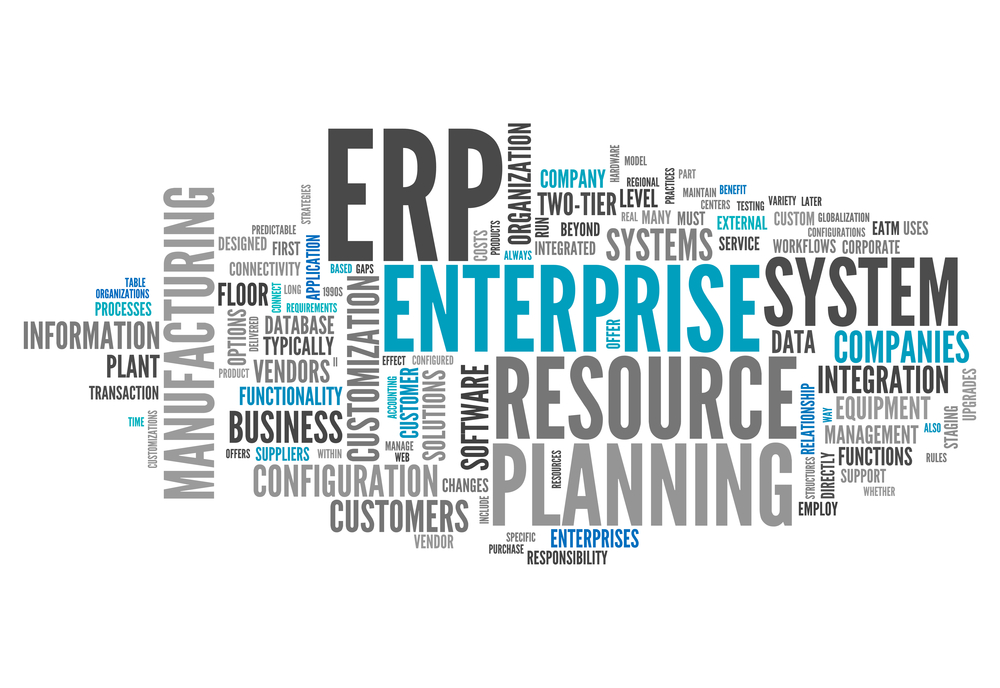

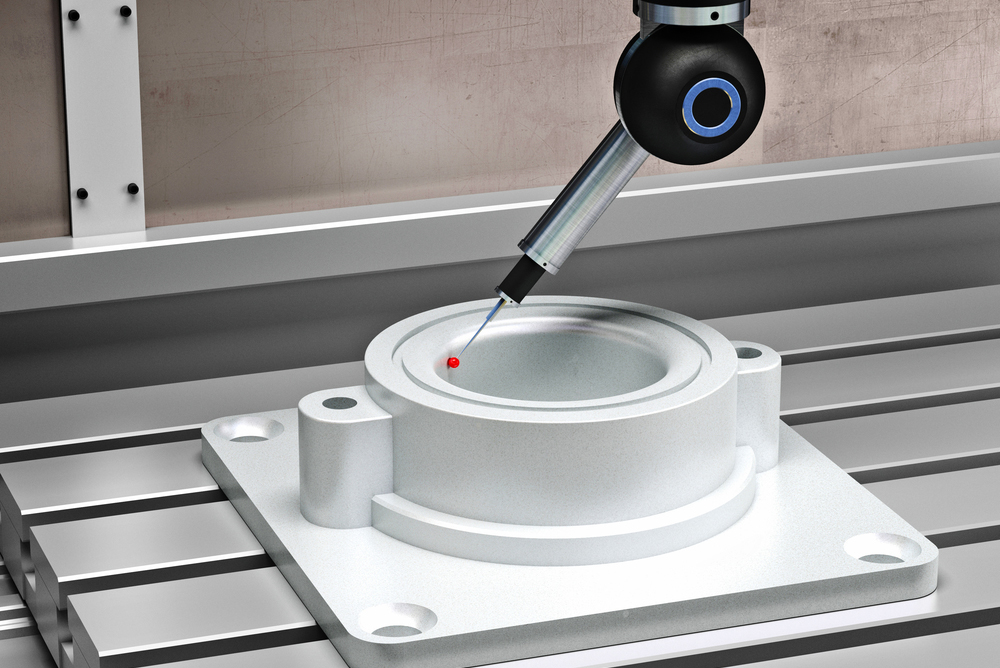
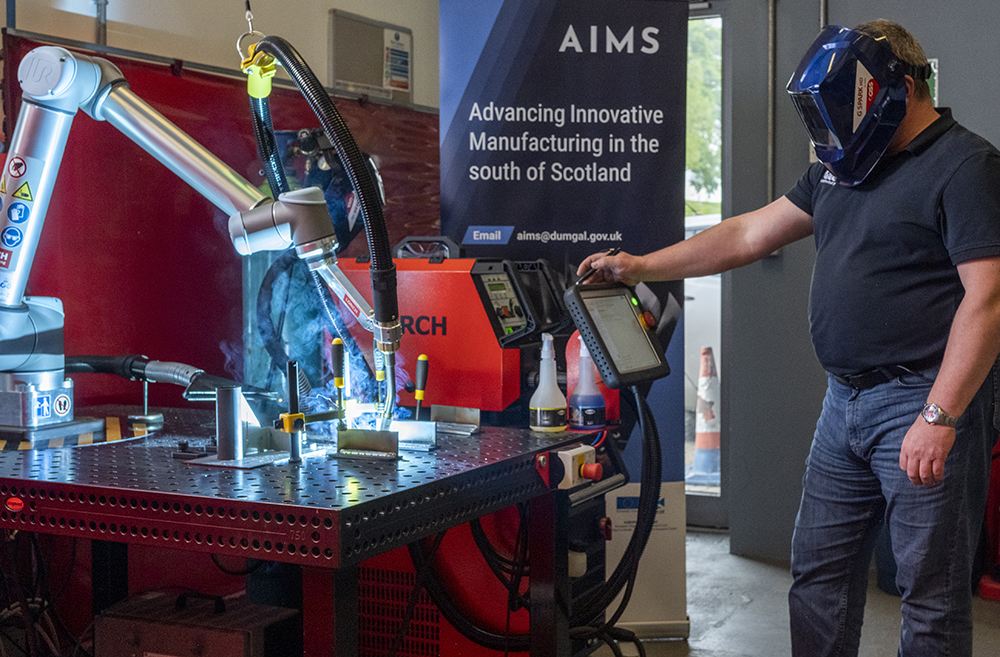

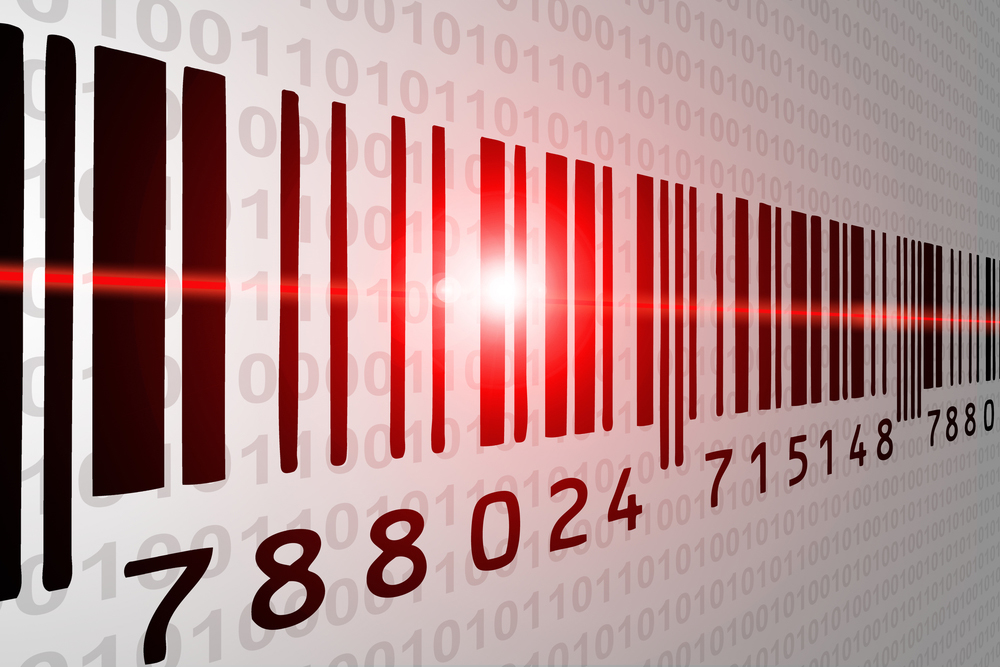

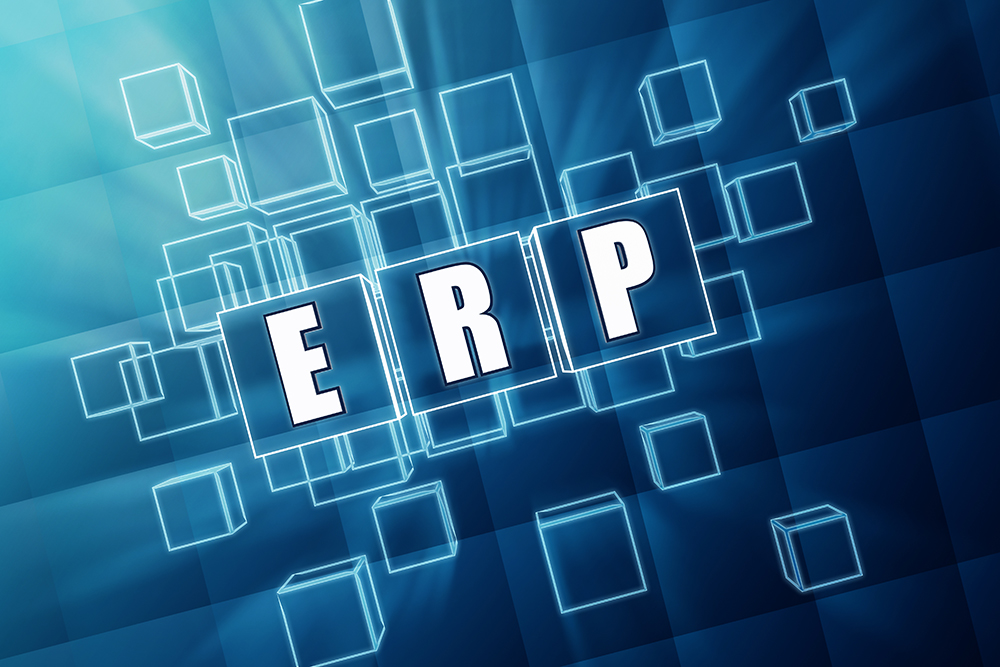
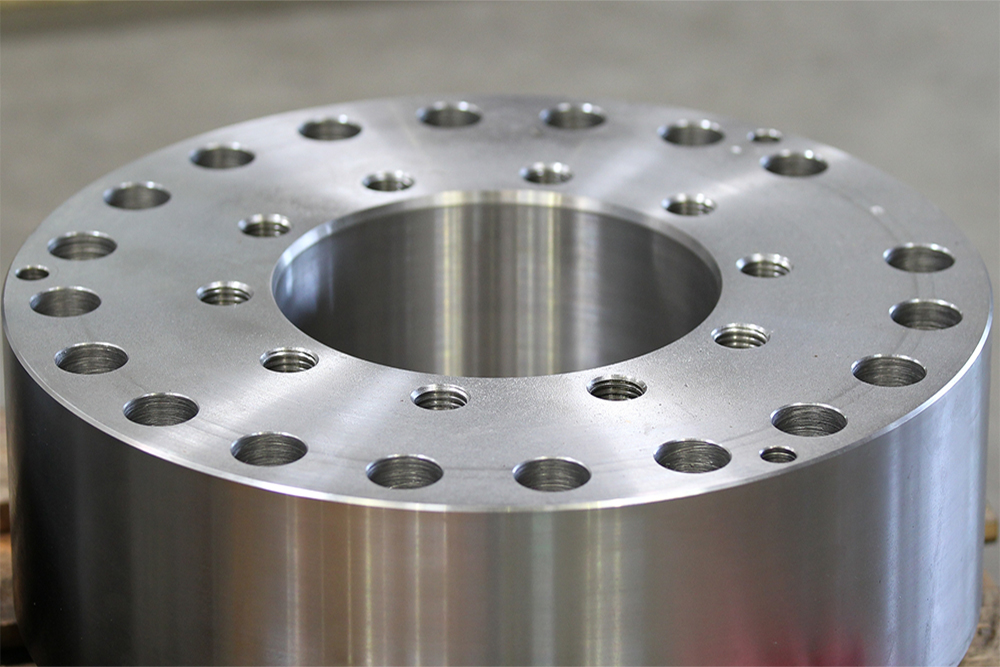

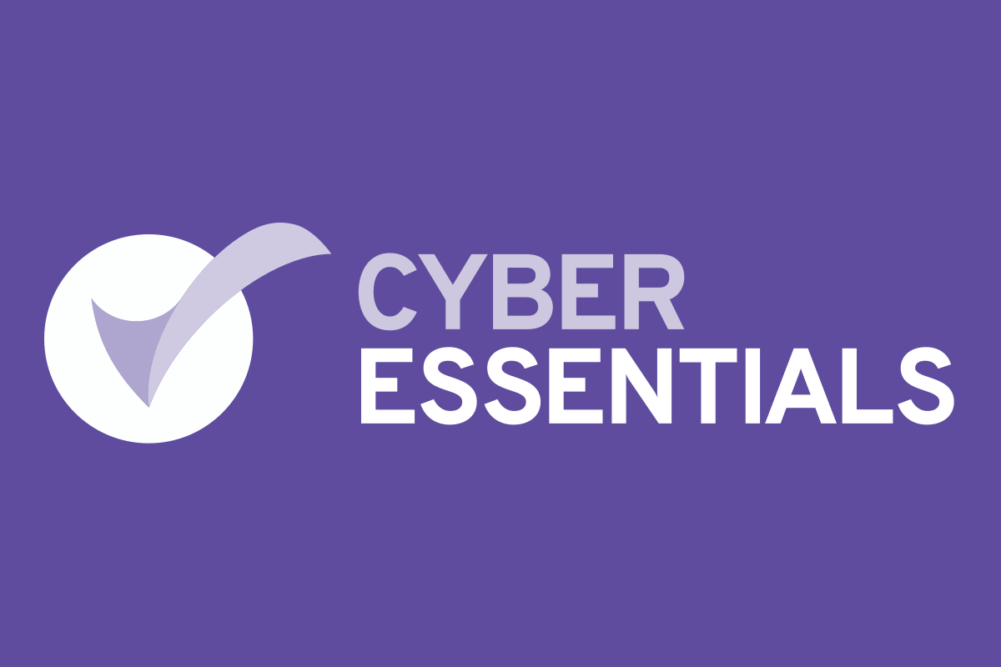


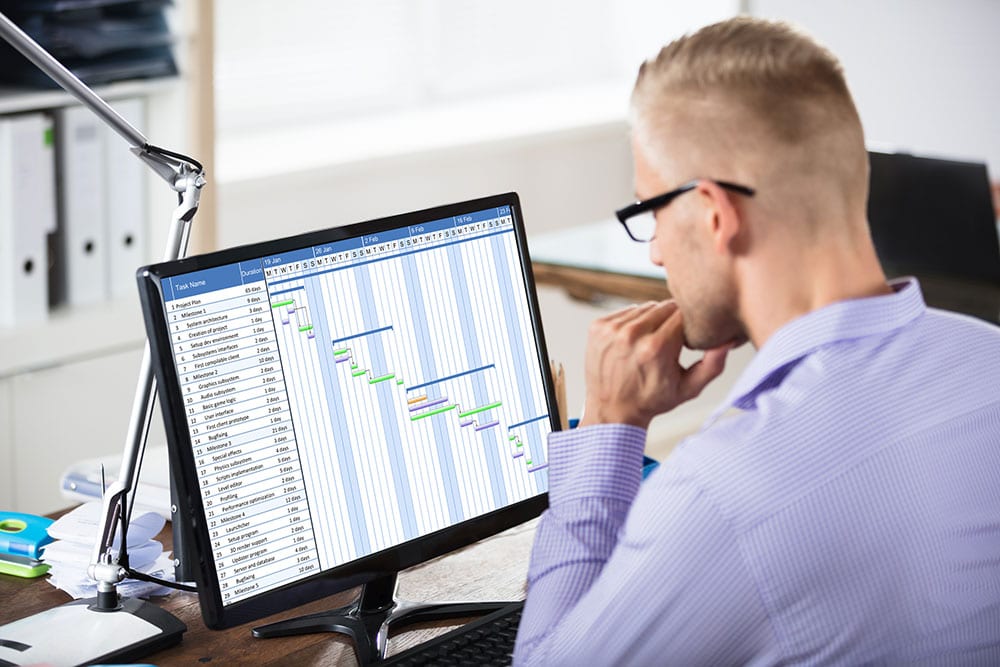

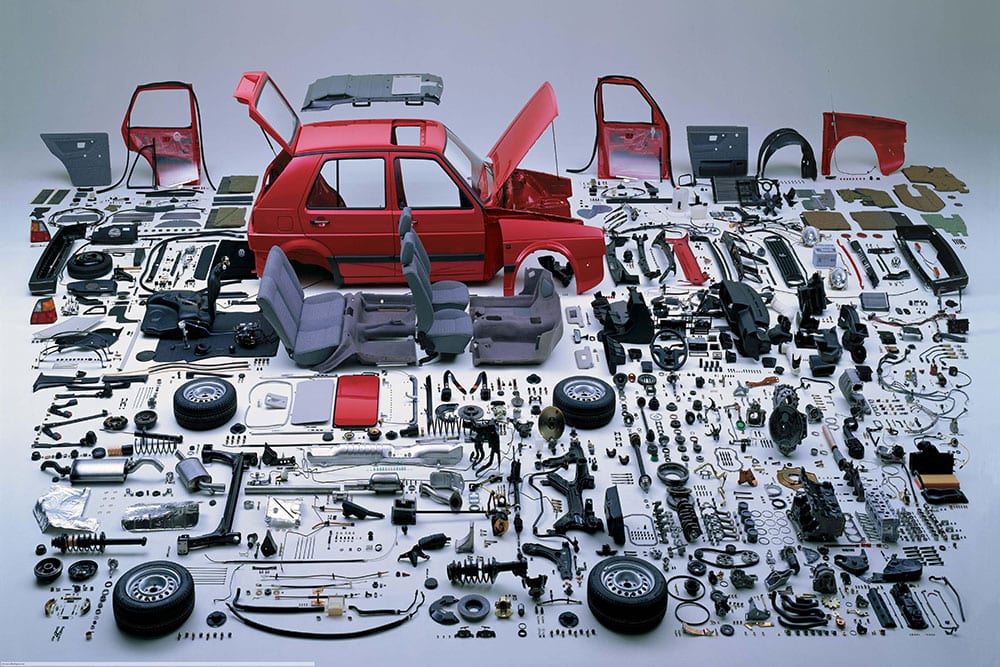




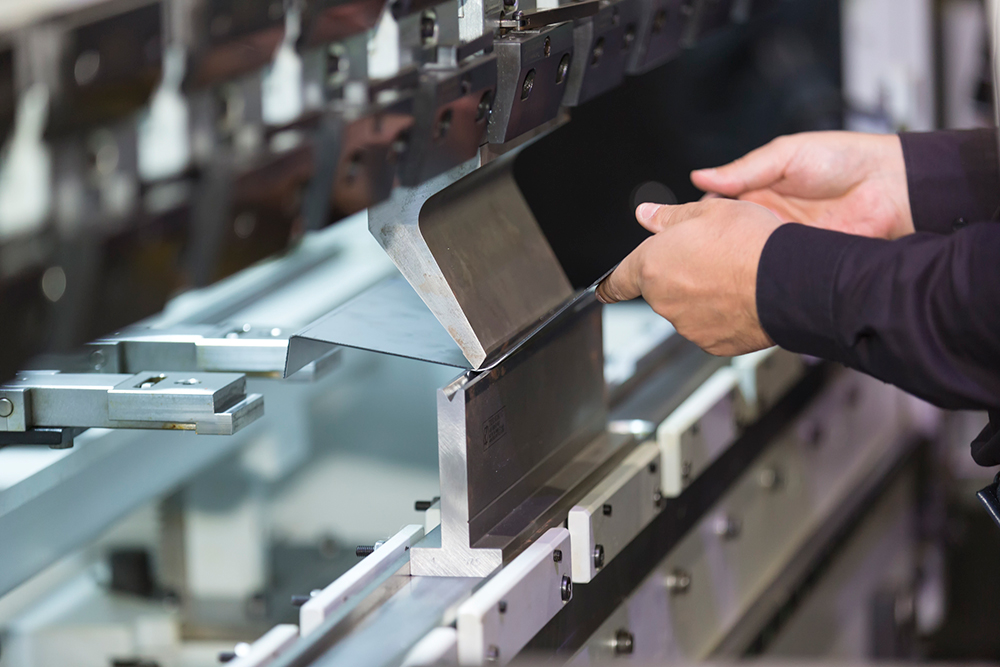


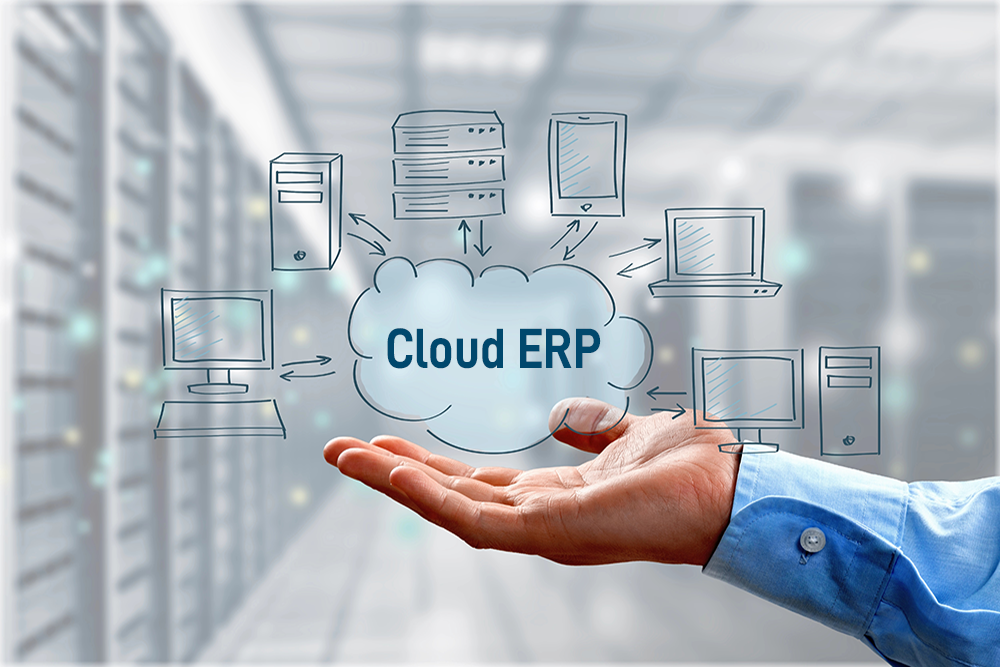
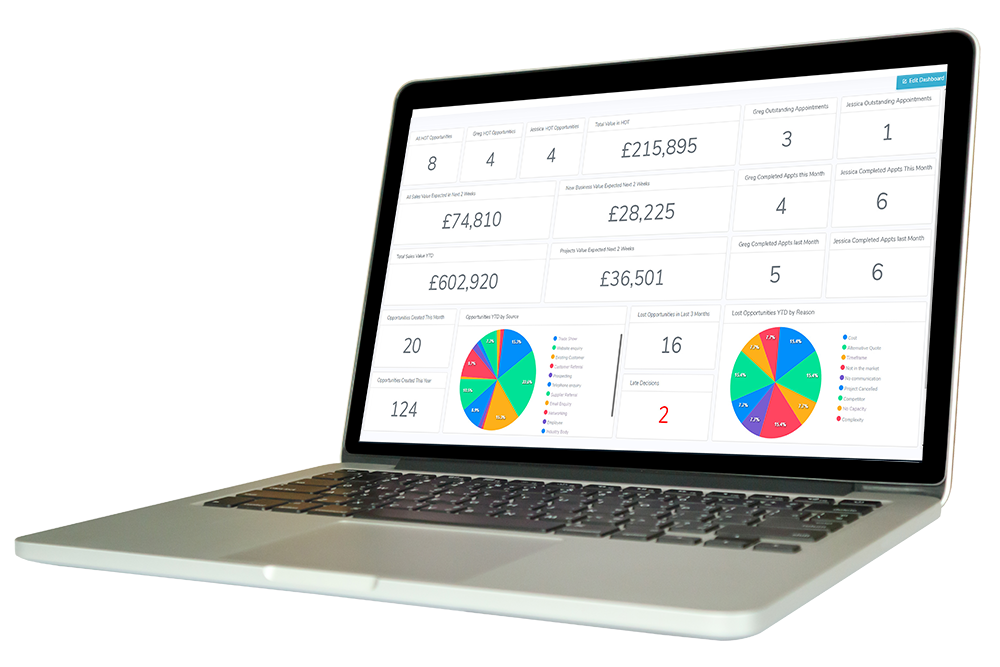
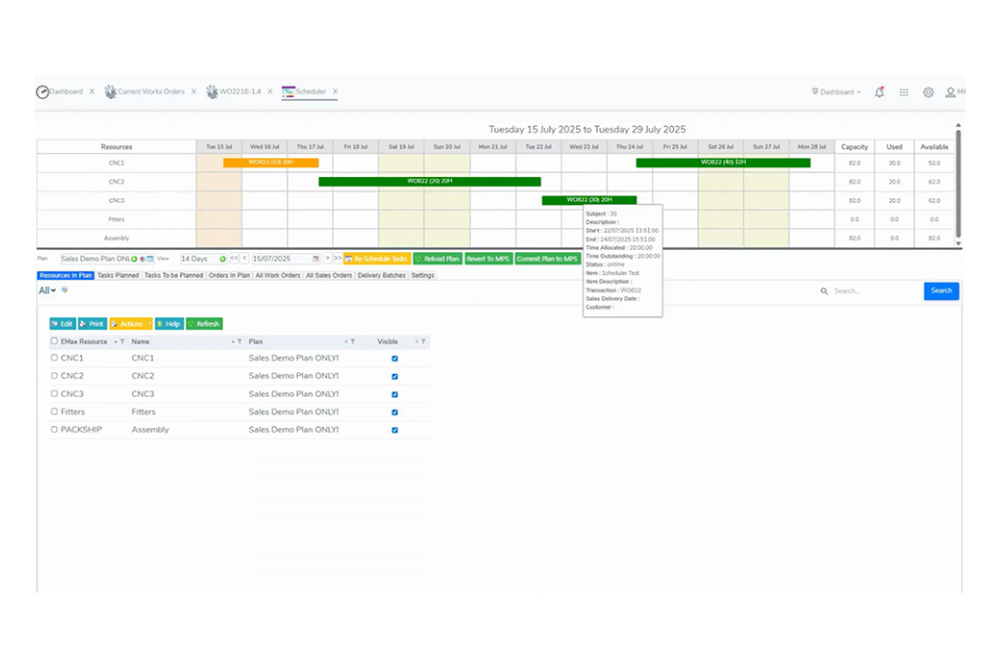
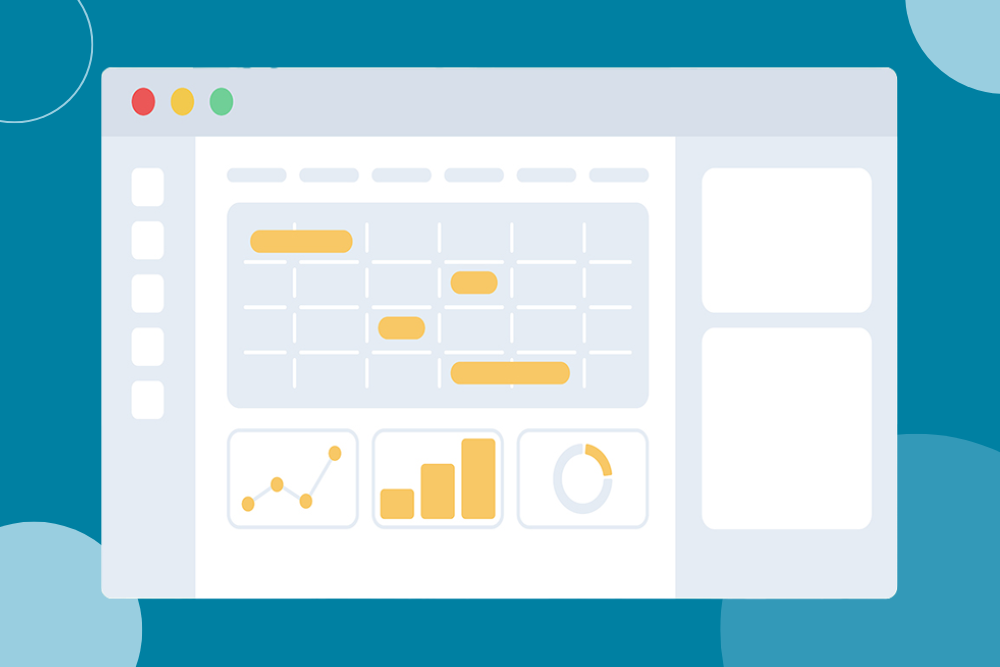
.jpeg)
